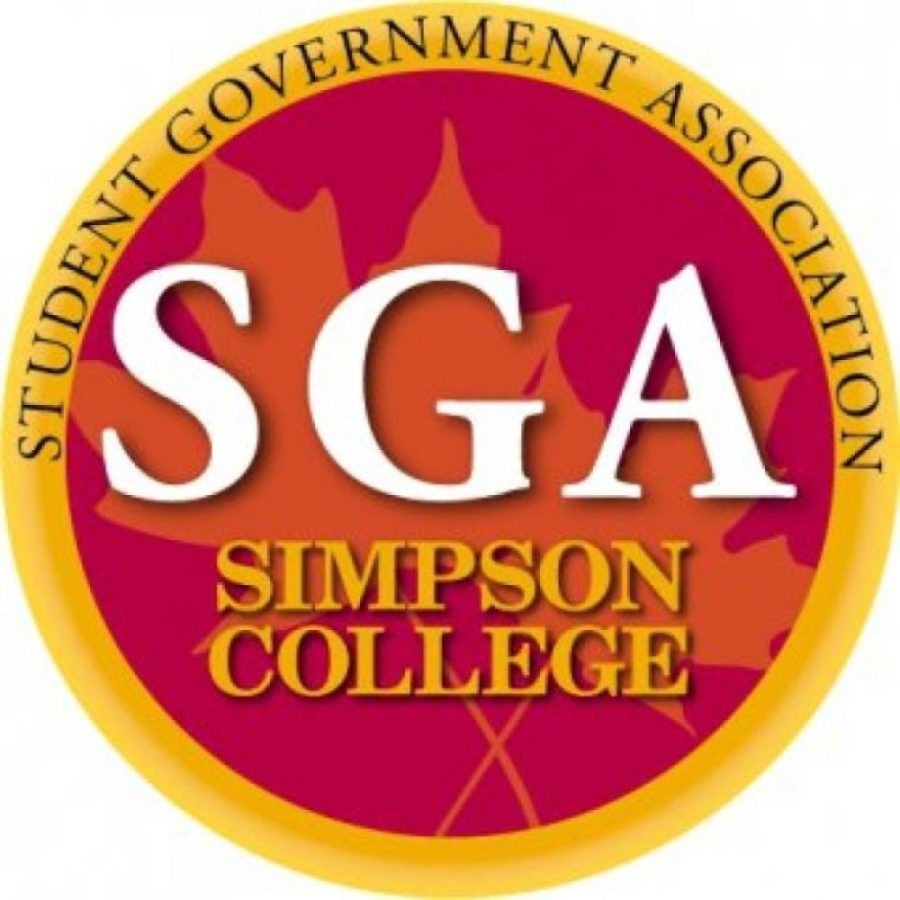SGA Works to Clarify, Simplify Finance Code
March 5, 2014
Over the course of the last academic year, the Student Government Association (SGA) has been working diligently at revising and updating the old finance code.
The new finance code, which passed the Financial Advisory Committee in late January, is set to go into effect next August.
According to Robert Lyons, the co-chair of the committee and First Year Class President, improvements were made to the document last year, but this is a very large, comprehensive
revision.
“The main thing we did was to close as many of the loopholes, or gray areas, that we could find. We worked really hard to make a black and white document so it was easier for groups to understand what they could and could not ask for (funding wise),” Lyons said.
Lyons declined to elaborate on what the ‘gray areas’ were.
Ethan Fredrick, co-chair of the Financial Advisory Committee and Second Year Class Senator/SGA Treasurer, added, “We had complicated, vague rules that people weren’t sure what was allowed, so we really wanted to specify so people did know what they could do.”
One of the biggest changes dealt with a shift to an open membership policy, which is one of the requirements to receive funding from SGA. The open membership policy states “any student may join and participate fully unless the student poses a risk to the safety of those participating.”
“We can now fund organizations that are semi-closed membership. We can fund specific events but not the organizations themselves,” Lyons pointed out.
The committee also flushed out and put in writing how SGA appropriates funds to itself. “It’s something we felt would help eliminate controversy, and it makes us responsible to follow our own financial code,” Lyons said.
Lyons explained that SGA internal requests must go through the Financial Advisory Committee, just like every other organization, but without time restrictions.
Formalized guidelines regarding student salaries and payments were also included in the revision process. Fredrick claimed that the “whatever we think” method was becoming problematic and that fairness was often compromised.
“In the past, it has been a case-by-case basis for whether students would get paid for their offices or not, like CAB president or something like that,” Fredrick said.
The new code states that those receiving salaries must be an affiliate of Tier 1 organizations: they
receive a lot of funding and are very active throughout the year (i.e. CAB, RLC, Intramurals).
They must also be viewed as an essential member of the group, such as a person planning a campus event. All requests regarding salaries and payments must then be approved by SGA.
Fredrick also made sure to specify that these are salaried per month, rather than hourly-wage
positions.
Also included at the tail-end of the document is acknowledgements and guidelines, a sort of “guidebook” that SGA can refer to.
“It includes things that are often unclear, and also makes reference to some past decisions SGA “Spring budget procedures have been sort of informal in the past, and we’re looking to make them, not formal, but more structured, people know what to expect coming in,” Fredrick said.
Fredrick added that it is possible that problems with the new code could arise following the upcoming meeting, but he is fairly confident that the improvements will help fix some of the issues that organizations have presented to the committee in the past.
“It’s our job as the SGA to help give funds, and make it as easy and friendly as possible,” Lyons said. “Everyone put loads and loads of hours into this.”






